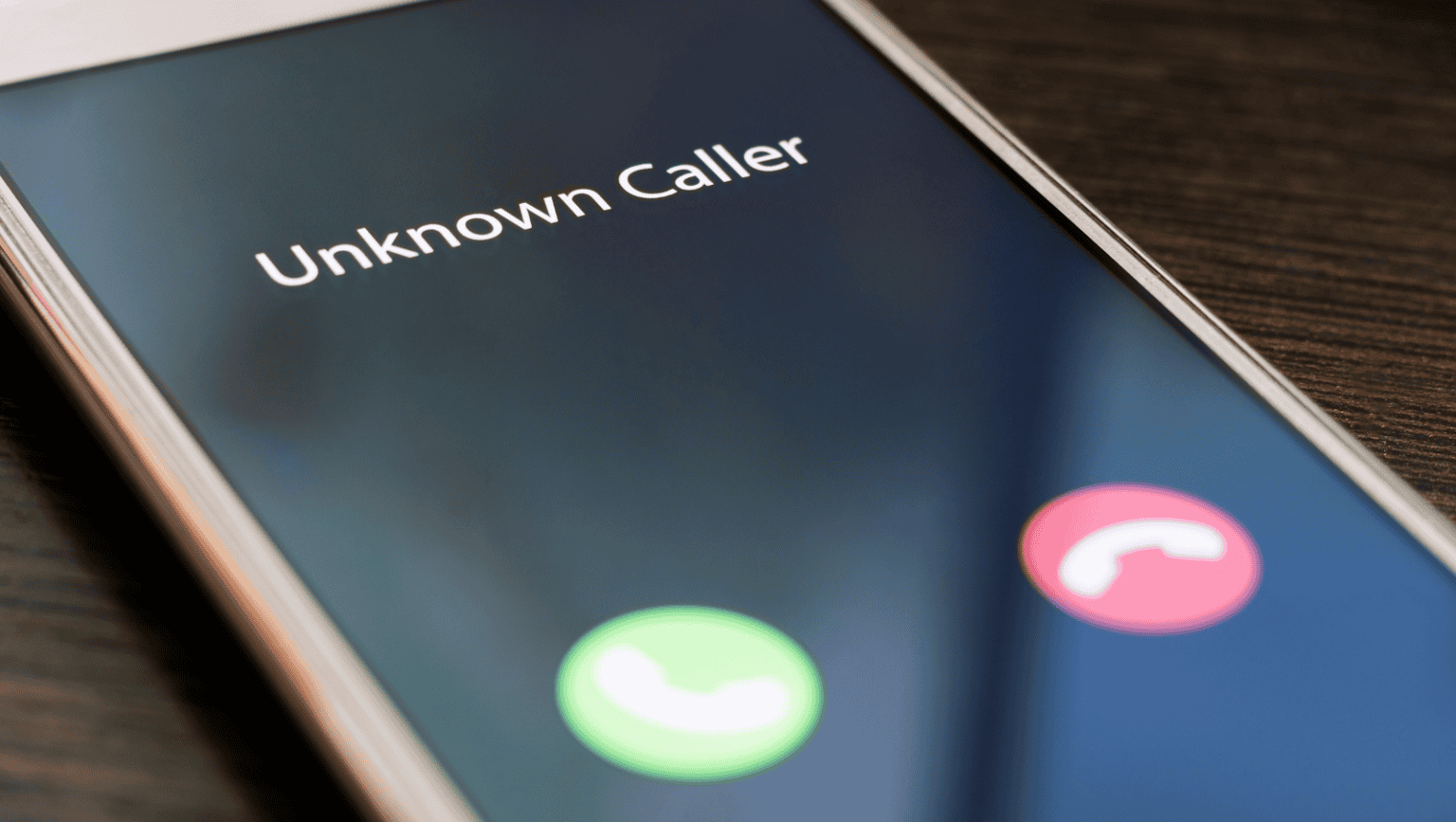As businesses adopt branded calling to enhance transparency and trust, another responsibility rises alongside the technology — ensuring every call complies with data protection laws. Displaying a verified brand identity may look like a simple upgrade in communication, but behind it lies a network of legal obligations designed to protect customers and maintain ethical standards in digital engagement.
Understanding the Legal Foundation
Branded calling is more than just marketing; it is a form of personal data processing. When a business uses customer phone numbers, displays a verified identity, or logs call analytics, these actions fall under data protection regulations such as GDPR (Europe), CCPA (California), or PDP Law (Indonesia).
Each of these frameworks shares one principle: transparency and consent.
Businesses must only contact users who have provided valid consent and ensure that personal data (like phone numbers) is collected, stored, and used lawfully.
Failing to comply can lead not only to financial penalties but also long-term trust erosion.
Core Compliance Obligations for Businesses
To operate branded calling legally and ethically, companies must address several key requirements:
1. Lawful Data Collection
Before initiating any branded call, customer contact information must come from legitimate sources. Purchasing databases or scraping contact lists can violate consent laws. Businesses are responsible for proving that users agreed to receive communications.
2. Clear Purpose and Transparency
Customers have the right to know why their number is being used and by whom. A clear privacy notice — even for voice-based interactions — helps ensure that branded calling remains a transparent communication tool rather than an intrusive one.
3. Secure Data Processing
Branded calling systems process sensitive data such as phone numbers, call timestamps, and behavioral metrics. These must be stored securely, protected from unauthorized access, and deleted once no longer needed. Using end-to-end encryption or secure APIs is a baseline expectation under modern data protection standards.
4. Verified and Authorized Caller IDs
Only verified business numbers should be branded. This verification process, often handled by network providers, prevents spoofing or impersonation — a crucial factor in avoiding legal issues related to fraud or misrepresentation.
5. Regional Compliance Adaptation
For global companies, branded calling systems must adapt to regional data protection laws.
A campaign complaint in one country may violate regulations in another if customer consent or retention policies differ. Continuous legal review is essential to prevent cross-border compliance gaps.
Risks of Non-Compliance
Ignoring these requirements can expose businesses to serious consequences:
- Financial penalties: GDPR fines can reach up to 4% of annual global revenue.
- Operational disruption: Regulatory investigations may force communication systems offline.
- Reputational damage: Once a brand is seen as careless with user data, rebuilding trust is difficult — especially when branded calling is designed to signal authenticity.
In short, what begins as a trust-building feature can backfire without legal diligence.
Building Trust Through Legal Responsibility
Compliance should not be seen as a burden but as a brand asset.
When customers see a verified caller ID and know their data is handled responsibly, the brand earns something more valuable than a quick response — it earns long-term credibility.
The best branded calling strategies combine technology, transparency, and legal discipline. Businesses that integrate all three will not only meet the law’s requirements but also lead the way in shaping a more ethical future for digital communication.

